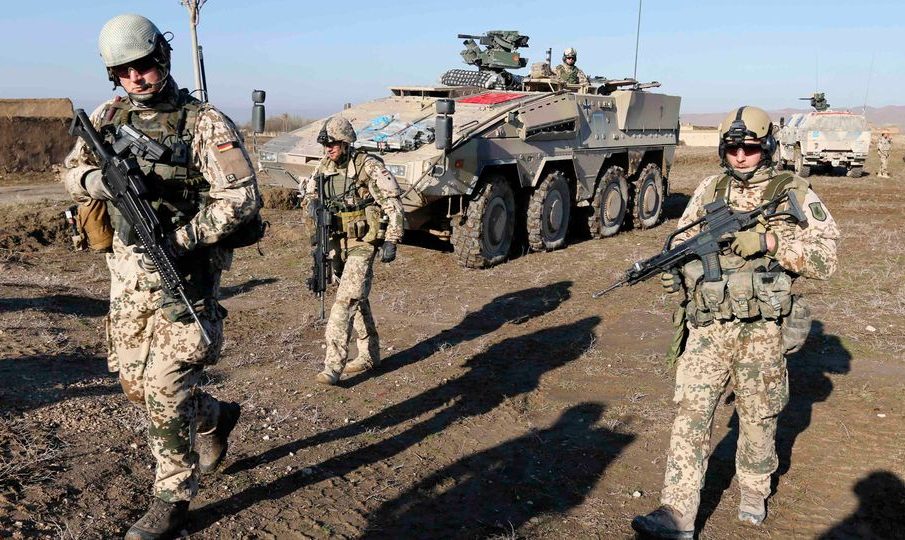Understanding the Current Situation in Afghanistan

Introduction
Afghanistan has been in the global spotlight following the swift return of the Taliban to power in August 2021, a pivotal moment that has significant implications for both its citizens and international relations. Understanding the current situation in Afghanistan is essential as it reveals the ongoing challenges, including humanitarian crises, governance issues, and the region’s geopolitical landscape.
Political Landscape
The Taliban’s takeover led to the establishment of a government that is not recognised by most countries globally, creating a political vacuum. Despite their promises of a more moderate governance style, reports indicate a return to stricter interpretations of Islamic law, resulting in limitations on women’s rights and freedoms. As of 2023, Afghanistan remains largely isolated diplomatically, with concerns over human rights abuses hindering potential international relations.
Humanitarian Crisis
The humanitarian situation in Afghanistan is dire, with millions facing food insecurity, lack of health services, and economic instability. According to the United Nations, approximately 23 million people require humanitarian assistance. The winter months have exacerbated the crisis, as communities struggle to access basic necessities amid severe weather conditions. International aid organisations continue to operate, albeit under challenging conditions, seeking to provide crucial support to vulnerable populations.
Social Challenges
Socially, Afghan society grapples with the psychological effects of decades of conflict, coupled with the swift changes implemented by the Taliban regime. Educational restrictions, particularly for girls, have ignited outrage both domestically and internationally. Education advocates are calling for urgent action to ensure that children can access education without barriers, a fundamental human right that is under threat in various parts of the country.
Conclusion
The situation in Afghanistan is complex and fluid, shaped by a mixture of historical legacies and modern-day politics. As we look towards the future, there are serious concerns about the stability and welfare of the Afghan people. International discourse around humanitarian aid and human rights advocacy remains crucial in influencing potential positive outcomes. While the region faces many challenges, the resilience and spirit of the Afghan people offer hope that progress can eventually be made.








